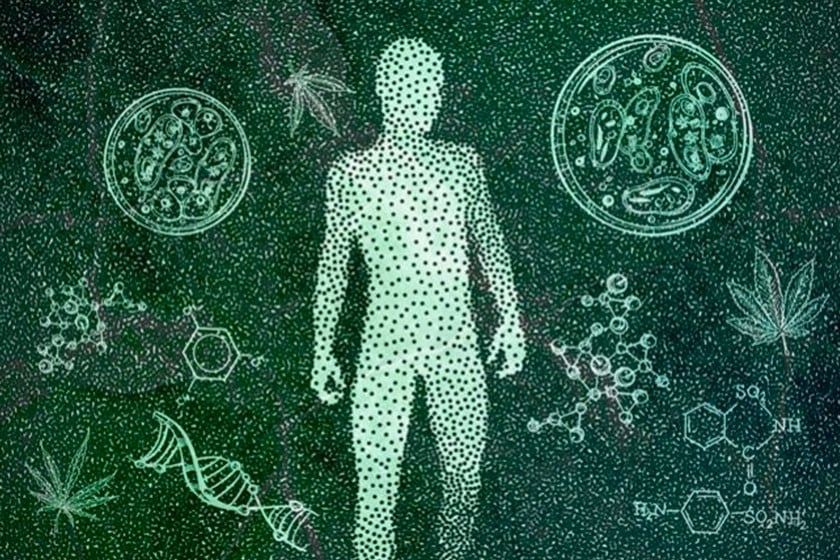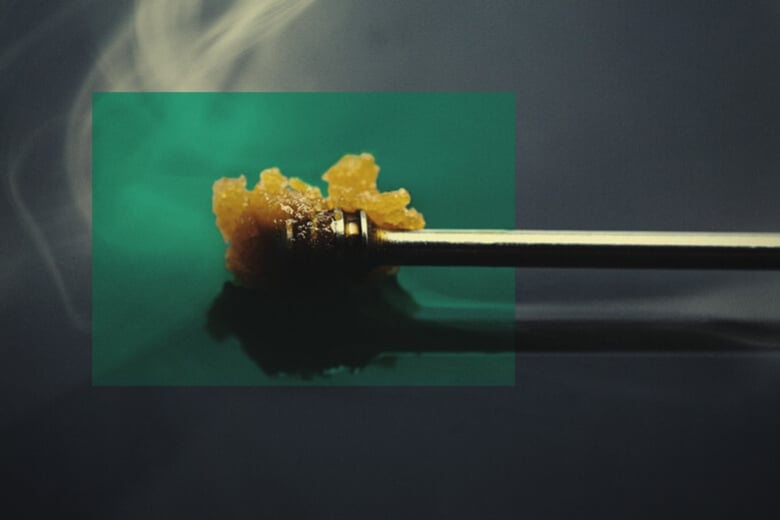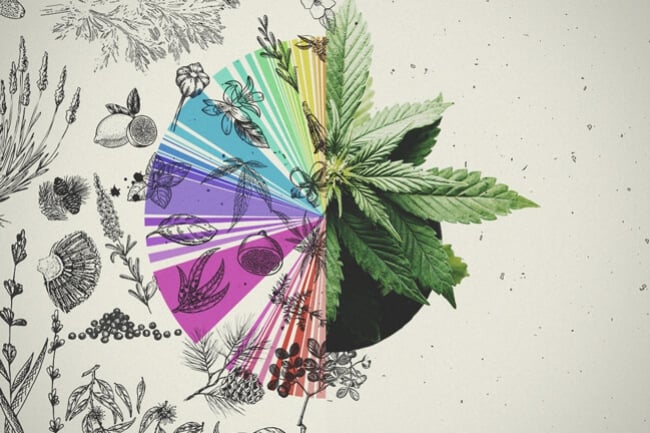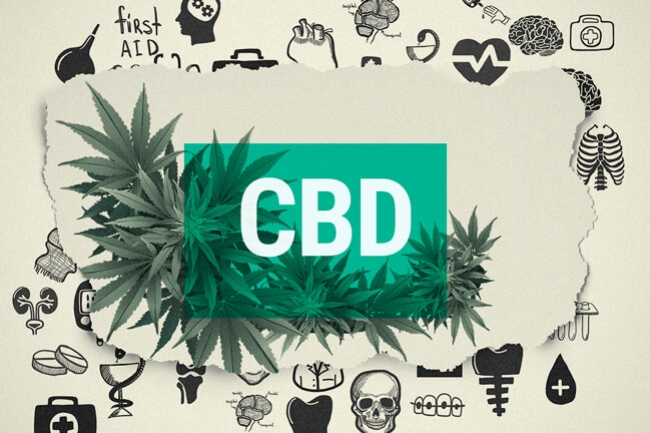.
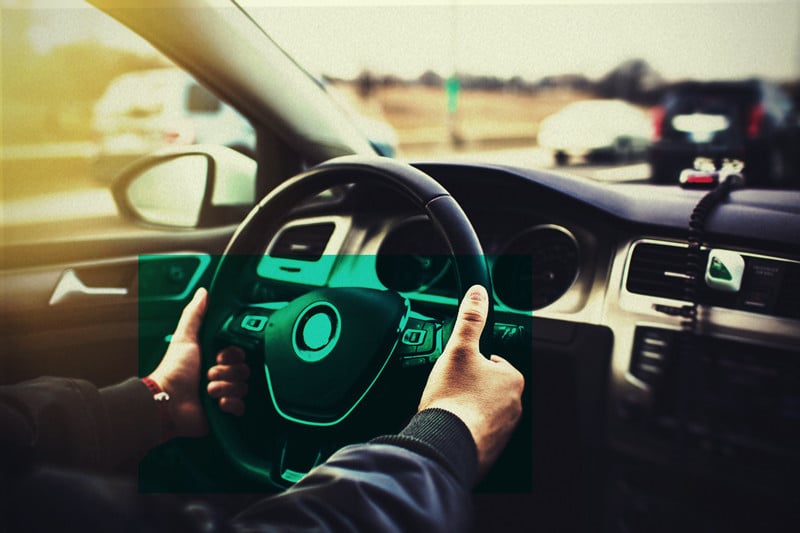
Is It Safe To Drive After Taking CBD? The Facts You Need To Know
Although CBD oil is not intoxicating, users should be aware of possible side effects—as well as the presence of THC—to avoid getting in trouble on the road.
Contents:
Cannabis is an herb that is most well-known for its psychoactive effects. However, the plant is rich is many different molecules, and the vast majority of them don’t elicit psychoactive effects. THC is the primary cannabinoid within many strains, and produces a psychoactive high by interfacing with CB1 receptors of the endocannabinoid system. This psychoactive effect induces feelings of euphoria and creativity, along with drowsiness, sedation, and even panic and anxiety at higher doses. THC has been found to impair judgement, motor coordination, and reaction time. For this reason, many countries forbid drivers to operate a vehicle under the influence due to the potential danger this poses.
Many cannabis users may also question whether it is safe and legal to drive after using other cannabinoids, such as CBD. This is a sensible question, considering CBD does stem from a sometimes-psychoactive plant. However, scientific literature extensively documents CBD as a non-psychoactive molecule. For the most part, it is both safe and legal to drive after ingesting CBD. But there are some nuances that should be ironed out to make sure this is a safe decision for you as an individual. Let’s take a deeper look into the nature of CBD, and how it can affect brain function.
WHAT IS CBD?
CBD is a chemical constituent found within cannabis.
CBD is classed as non-psychoactive. However, the molecule can subtly influence mental state. What’s more accurate to say, as articulated by cannabis research pioneer Dr. Ethan Russo, is that CBD is non-intoxicating. THC achieves its psychoactive states by binding to CB1 receptors sites within the central nervous system. These receptors make up part of the endocannabinoid system, a body-wide system of receptors found on the membranes of many different cell types. CBD exerts many of its effects by interacting with the endocannabinoid system, yet in a more indirect manner.
CBD AND THE BRAIN
CBD isn’t directly psychoactive like its cannabinoid cousin THC. However, it casts an influence over the nervous system by acting upon a different set of receptors.
But researchers aren’t quite sure of the relevance of CBD’s mechanisms. Not yet, at least. So far, they’ve found the cannabinoid to bind to serotonin receptors[1] and disrupt enzymes[2] of the endocannabinoid system that are tasked with breaking down the signalling molecule anandamide. The cannabinoid also interfaces[3] with the GABA-A receptor, a site implicated in fear, anxiety, and stress. Now, studies are going ahead to find out what all this means in the context of anxiety and cognitive function as a whole.
WHAT DOES THIS MEAN FOR DRIVING SAFETY?
CBD generally changes mental state by raising levels of anandamide and GABA within the brain, resulting in increased relaxation and decreased excitability. These effects are not intoxicating, yet certainly alter mood. Therefore, CBD will not impair function when it comes to driving in most people. However, it should be noted that some people experience side effects from the cannabinoid that could potentially lower driving capability.
Reported side effects[4] include low blood pressure, lightheadedness, and drowsiness. For these reasons, it is best to become accustomed to how CBD affects you on an individual level before taking it and going for a drive. If the molecule produces any of these side effects, then it's probably best not to expose yourself to the roads. Instead, talk to your doctor and discuss why these effects are happening. It might just involve modifying the dosage.
Small doses of CBD are associated with stimulating effects that boost mood, whereas large doses are linked to more sedating effects. For these reasons, it's better to start out with small doses when you begin driving with CBD. Additionally, CBD affects different people in different ways. What may be a small dose for one user might sustain more sedating effects on another. Find out what your tolerance level is at home, in comfort, as opposed to behind a steering wheel.
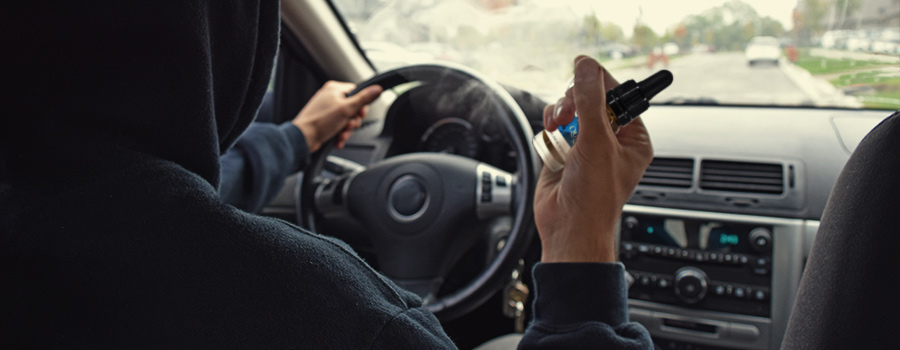
THC CONTENT WITHIN CBD PRODUCTS
So, we’ve pretty much given CBD the clear when it comes to driving safety, but then the law comes in and complicates things. Many CBD oils contain small amounts of THC, with many European countries allowing legal trace amounts of between 0.2–0.6% of the cannabinoid. These amounts are so small that they are not likely to produce any intoxicating effect, unless the oil is consumed in vast quantities. Even in this event, the sedation of a high CBD dose will probably be the primary effect here.
Psychoactive effects aside, the trace amounts of THC in many CBD products may still put many drivers at risk of being prosecuted for drug driving. Many countries have strict zero tolerance laws when it comes to THC levels in the blood. If you are suspected of impaired driving in the United States, countries within the EU, and elsewhere, the police may pull you over and conduct testing using methods such as saliva. For example, in the United Kingdom, a THC level of just 2µg/L (micrograms) is deemed to be the threshold limit, and may result in fines and driving suspension if exceeded. Such small quantities can even be perceived as “accidental exposure”. These tests can detect cannabinoid ingestion up to 10 hours after exposure.
CONCLUSION
Ultimately, CBD isn’t usually considered psychoactive because it doesn’t cause intoxication or impair one’s ability to go on with their day as usual. Based on individual effects and dosage, CBD is most likely safe to consume before driving. However, cannabis has been a subject of debate and controversy for some time now. Due to harsh laws, minute levels of THC within the system can result in legal issues when it comes to driving in some countries. Seeing as many CBD products contain small doses of THC, it comes down to a personal decision as to whether this is a risk worth taking.
- Agonistic properties of cannabidiol at 5-HT1a receptors - PubMed https://pubmed.ncbi.nlm.nih.gov
- Cannabidiol enhances anandamide signaling and alleviates psychotic symptoms of schizophrenia https://www.ncbi.nlm.nih.gov
- The direct actions of cannabidiol and 2-arachidonoyl glycerol at GABA A receptors - PubMed https://pubmed.ncbi.nlm.nih.gov
- CANNABIDIOL (CBD): Overview, Uses, Side Effects, Precautions, Interactions, Dosing and Reviews https://www.webmd.com


























